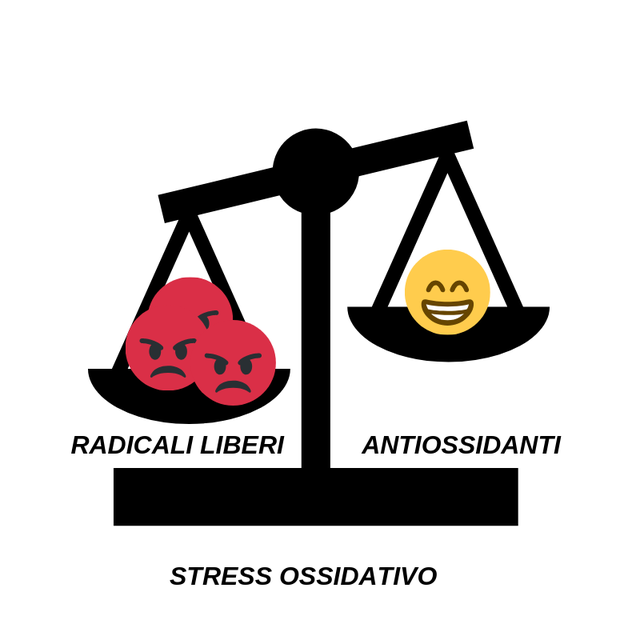
Although oxidative stress is not a term you hear very often, it is a more common occurrence than you think ... In fact, oxidative stress means a problem at the cellular level, in particular a mutation of some cells due to agents external. For these reasons, it is fair to understand what we are talking about, what is the cause of this phenomenon, and also what the symptoms may be.
Oxidative stress attacks every cell in the human body. What matters is to understand what is the chemical reaction that this phenomenon brings. In fact, with the action of oxidizing agents, free radicals are produced, which, in themselves, are essential for the purpose, for example, of the immune response. However, that is not all!
There are some situations in which free radicals are produced in greater numbers than they should be. This phenomenon, called oxidative stress, can damage the cells themselves and their structures. The biggest risk is that of causing diseases, even very serious ones.

Causes of oxidative stress
The causes that can lead to the onset of oxidative stress are different. However, they can be divided into internal causes, which are not numerous, and external causes, which are the majority. The main internal causes of the organism are the following:
A high degree of metabolic activity
Age
Lack of protection, ie low level of antioxidants
The goals of free radicals are very sensitive

Then there are other factors, which are not internal to the body, but come from outside:
pollution
Way
Excess alcohol
Excessive physical activity
Heavy metals
Tymi and cigares
Chemical products
radiation





